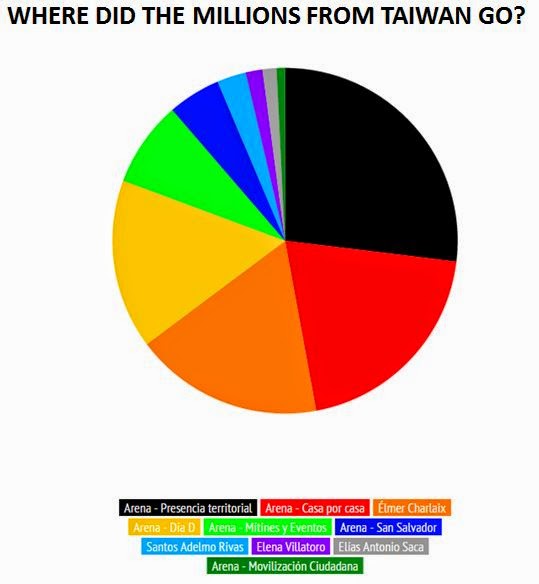An apology for an offense against truth
I have called him before the "dean of Salvadoran bloggers." For more than eight years, Ernesto Rivas Gallont has posted multiple times per day on his blog, Conversations with Neto Rivas . He offers insights and perspectives on news and politics in El Salvador, often rooted in his own acquaintance with the players involved. But before he was a blogger, one of the roles Ernesto Rivas filled was the ambassador to the United States from El Salvador during much of El Salvador's civil war. After his arrival in Washington in March 1981, he often was called upon to act as an apologist for the actions of the country's army, actions which often included massacres and atrocities. On orders of his superiors back in El Salvador, then ambassador Rivas denied his government's involvement in the massacre which occurred in December 1981 at El Mozote. We now know that Salvadoran army troops from the US-trained Atlacatl Battalion killed more than 900 defenseless me...

